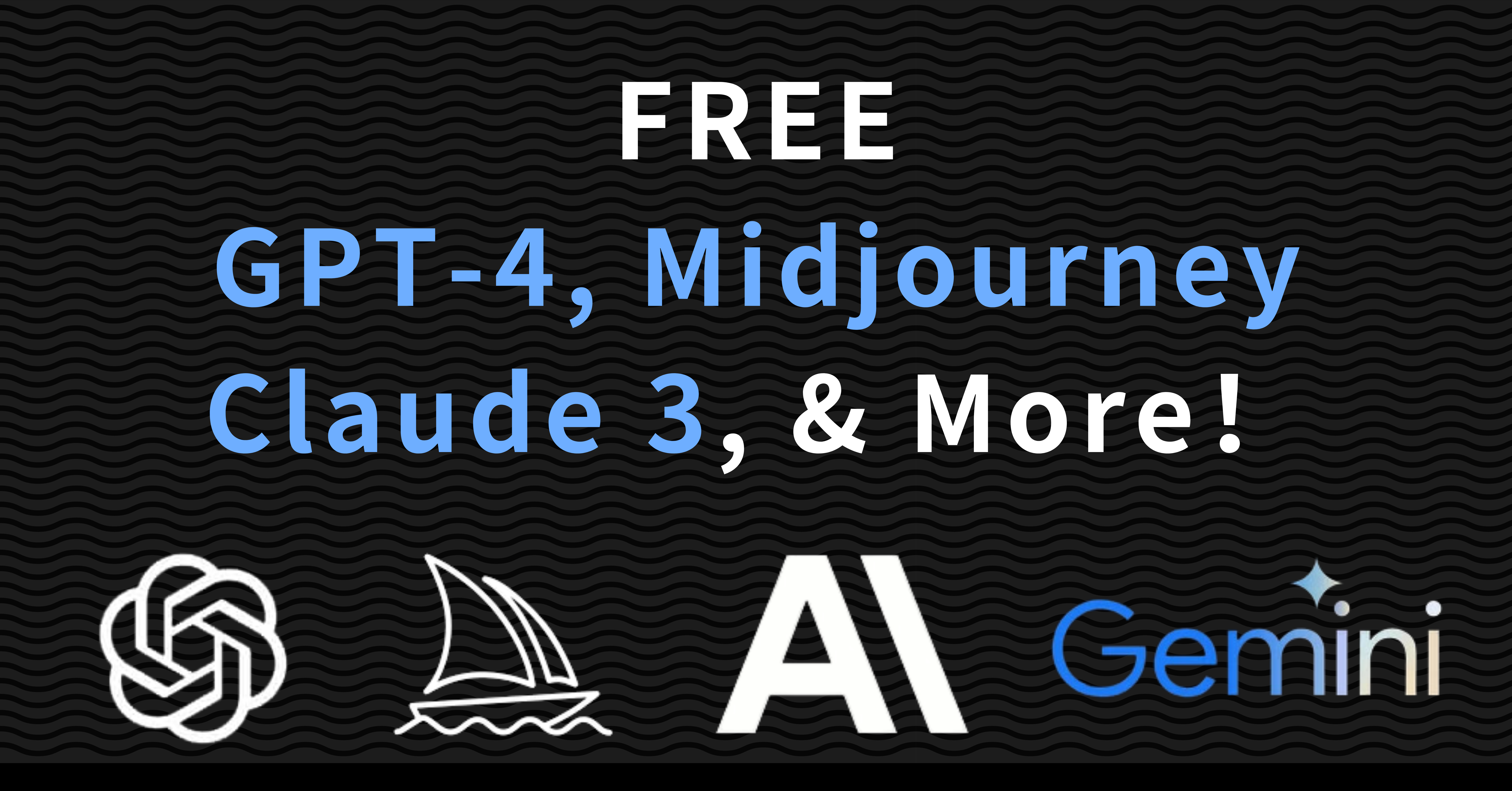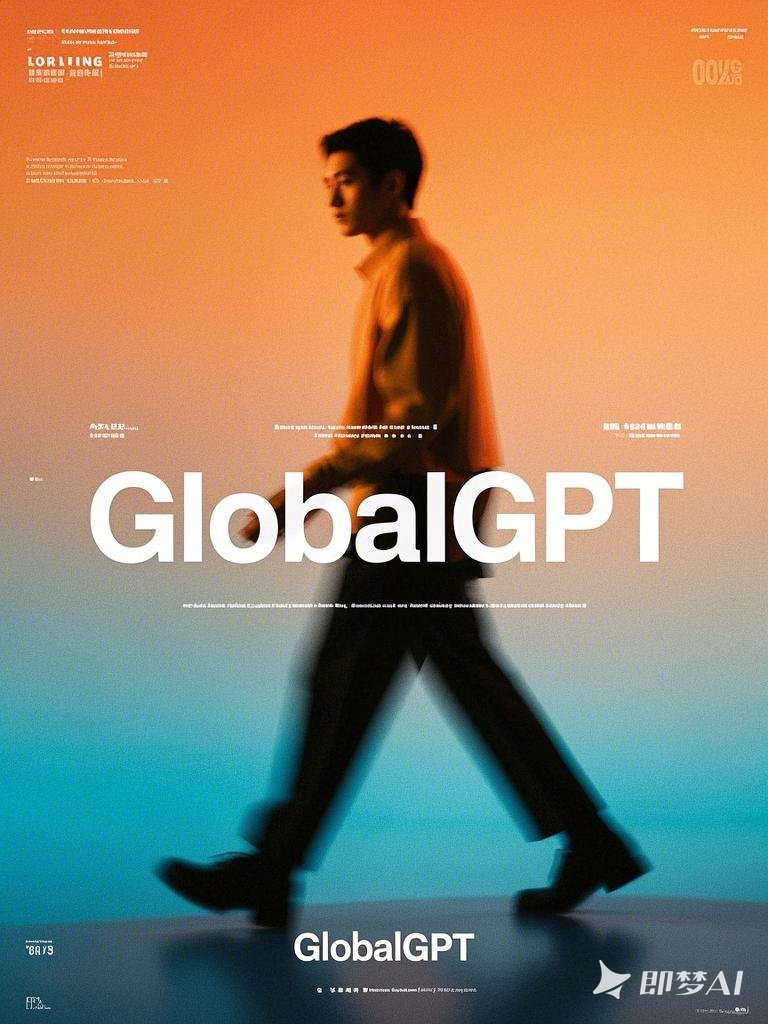Claude 3.7 Sonnet: Transforming The Programming Landscape
In today's rapidly evolving AI ecosystem, programmers are constantly searching for tools that can enhance productivity, streamline workflows, and solve complex problems. Among the elite models reshaping how developers work, Claude 3.7 Sonnet has emerged as a revolutionary force in AI-assisted programming. This powerful assistant is changing how code is written, debugged, and optimized—and platforms like GlobalGPT are making this cutting-edge technology accessible to developers worldwide.

How Claude 3.7 Sonnet Is Revolutionizing Programming
Anthropic's Claude 3.7 Sonnet represents a significant advancement in AI programming assistants. Unlike earlier models that primarily offered code completion or simple syntax checking, Sonnet demonstrates profound understanding of programming concepts, language-specific paradigms, and software architecture principles.
Unparalleled Code Understanding and Generation
What immediately strikes developers working with Claude 3.7 Sonnet is its extraordinary comprehension of code context. The model doesn't just process code as text—it understands the underlying logic, relationships between components, and intended functionality.
When generating code, Sonnet produces solutions that are:
- Syntactically precise across multiple programming languages
- Semantically appropriate: with proper use of language idioms
- Well-structured: following established design patterns
- Performance-optimized: with consideration for efficiency
- Security-conscious: with built-in protection against common vulnerabilities
For example, when tasked with building a web API in Python, Sonnet doesn't just produce functional code—it implements appropriate error handling, suggests authentication mechanisms, and structures the solution according to RESTful principles or GraphQL patterns as appropriate.
Beyond Simple Code Completion
Where Claude 3.7 Sonnet truly distinguishes itself is in comprehending the higher-level aspects of software development. Rather than just filling in function bodies or completing statements, it can:
1. Refactor existing codebases: to improve readability and maintainability
2. Identify and resolve potential bugs: before they cause production issues
3. Suggest architectural improvements: based on established patterns
4. Optimize algorithms: for better performance
5. Generate comprehensive test suites: with edge case coverage
This holistic approach makes Sonnet invaluable throughout the entire development lifecycle, not just during initial code writing.

Real-World Programming Applications
The practical applications of Claude 3.7 Sonnet span the entire software development process:
Accelerated Problem Solving
Developers facing challenging algorithms or complex implementation details can leverage Sonnet's reasoning capabilities to explore potential solutions. The model excels at breaking down problems into manageable components and suggesting implementation approaches.
A senior developer at a fintech startup reported: "When we were stuck implementing a complex transaction reconciliation algorithm, Claude 3.7 Sonnet not only helped us understand the problem better but suggested an elegant solution using a modified Merkle tree approach we hadn't considered."
Code Refactoring and Modernization
Legacy codebases represent significant challenges for many organizations. Claude 3.7 Sonnet demonstrates remarkable skill in understanding outdated code patterns and suggesting modern equivalents.
For instance, when presented with callback-heavy JavaScript, Sonnet can propose refactoring to modern async/await patterns while preserving functionality. Similarly, it can help migrate monolithic applications toward microservices architectures by identifying appropriate service boundaries.
Learning New Technologies
Perhaps one of Sonnet's most valuable applications is as a learning companion for developers exploring unfamiliar technologies. The model excels at explaining complex concepts in accessible terms and connecting them to a developer's existing knowledge.
Whether you're learning Rust's ownership model, Kotlin's coroutines, or TypeScript's advanced type system, Claude 3.7 Sonnet can provide contextual explanations that accelerate the learning curve significantly.
Experience The Power of Claude 3.7 Sonnet with GlobalGPT
While Claude 3.7 Sonnet's capabilities are impressive, accessing and effectively utilizing this technology can be challenging. This is where **GlobalGPT** enters the picture, offering developers streamlined access to not just Claude 3.7 Sonnet, but a comprehensive suite of the world's leading AI models for programming.
What Makes GlobalGPT Unique
GlobalGPT stands apart from other AI platforms by providing:
1. Unified access to multiple leading AI models: Beyond Claude 3.7 Sonnet, GlobalGPT integrates other powerful models, allowing developers to leverage the strengths of each for different programming tasks.
2. Specialized programming interfaces: Unlike general-purpose AI platforms, GlobalGPT offers programming-specific features like syntax highlighting, code execution environments, and version control integration.
3. Context-aware model selection: GlobalGPT intelligently suggests the most appropriate model for your specific programming task, whether it's front-end development, database optimization, or algorithm design.
4. Seamless workflow integration: With plugins for popular IDEs and development environments, GlobalGPT brings AI assistance directly into your existing workflow.
How Developers Are Using GlobalGPT with Claude 3.7 Sonnet
Across various industries, developers are finding innovative ways to incorporate GlobalGPT and Claude 3.7 Sonnet into their daily workflows:
Startup Acceleration
For startups operating with limited engineering resources, the combination of GlobalGPT and Claude 3.7 Sonnet acts as a programming multiplier. Teams can prototype features faster, explore technical options more thoroughly, and maintain higher code quality standards.
A founder of a YCombinator startup shared: "GlobalGPT's integration of Claude 3.7 Sonnet helped our small team ship features that would have taken twice as long otherwise. It's like having an extra senior developer on the team who's available 24/7."
Enterprise Modernization
Large enterprises with extensive legacy systems use GlobalGPT to accelerate modernization efforts. Claude 3.7 Sonnet's ability to understand complex codebases makes it an ideal partner for refactoring projects.
"Our monolithic Java application had grown unwieldy over 15 years," explains a CTO at a financial services firm. "Using GlobalGPT with Claude 3.7 Sonnet, we were able to map dependencies, identify service boundaries, and gradually refactor toward a microservices architecture—all while maintaining business continuity."
Educational Settings
Computer science educators are incorporating GlobalGPT into their curricula, using Claude 3.7 Sonnet to help students understand programming concepts and develop problem-solving skills.
"When students get stuck on assignments, they can use GlobalGPT to receive explanations tailored to their knowledge level," notes a CS professor at a leading university. "It's like giving each student access to a patient, knowledgeable tutor who can explain concepts from multiple angles until they click."

Pay-as-You-Go:
Top Up from Just $1 Balance Never Expires
All-in-One: Access All Models in One Place
AI Total Data Privacy
Unlimited Usage Limitation
Accepts Fiat and Crypto Payments
Getting Started with Claude 3.7 Sonnet on GlobalGPT
Ready to experience how Claude 3.7 Sonnet can transform your programming workflow? Getting started with GlobalGPT is straightforward:
1. Sign up for a GlobalGPT account: Visit the GlobalGPT website to create your account and choose a plan that fits your needs.
2. Select your programming focus: Tell GlobalGPT about the languages and frameworks you use most frequently to receive tailored assistance.
3. Connect your development environment: Install the GlobalGPT plugin for your preferred IDE or use the web interface for quick queries.
4. Start with a real problem: Rather than testing with toy examples, try bringing a genuine programming challenge you're facing to see Claude 3.7 Sonnet's capabilities in context.
Many developers report that their first experience with Claude 3.7 Sonnet through GlobalGPT is eye-opening. What might have been a multi-hour debugging session or research task often resolves in minutes with AI assistance.
The Future of AI-Assisted Programming
As models like Claude 3.7 Sonnet continue to evolve, and platforms like GlobalGPT make them increasingly accessible, we're witnessing the early stages of a fundamental transformation in how software is developed.
The most successful developers won't be those who resist this change but those who learn to effectively collaborate with AI assistants—using them to handle routine coding tasks while focusing human creativity and judgment on the aspects of software development that remain uniquely human: understanding user needs, designing innovative solutions, and making ethical decisions about how technology should be applied.
GlobalGPT is at the forefront of this transformation, continuously integrating the latest advancements from Claude 3.7 Sonnet and other leading models to provide developers with ever more powerful AI collaboration tools.
Conclusion: Elevate Your Programming with Claude 3.7 Sonnet and GlobalGPT
Claude 3.7 Sonnet represents a quantum leap in AI-assisted programming capabilities. Its deep understanding of code, exceptional reasoning abilities, and contextual awareness make it an invaluable partner for developers at all experience levels.
Through GlobalGPT's intuitive platform, this cutting-edge technology becomes accessible and practical for everyday programming tasks. Whether you're debugging complex algorithms, learning new technologies, or refactoring legacy systems, the combination of Claude 3.7 Sonnet and GlobalGPT provides unprecedented support.
As the programming landscape continues to evolve, those who embrace these powerful AI tools will gain significant advantages in productivity, code quality, and innovation capacity. Join the thousands of developers who are already experiencing the future of programming with GlobalGPT and Claude 3.7 Sonnet today.
Ready to transform your programming workflow? Visit GlobalGPT now to experience Claude 3.7 Sonnet and discover why leading developers worldwide are making AI-assisted programming an essential part of their toolkit.


